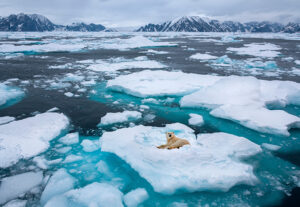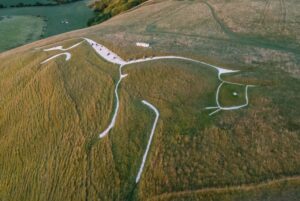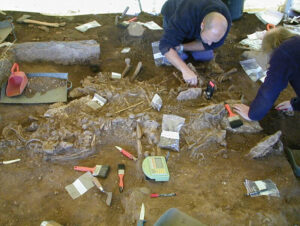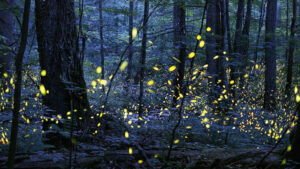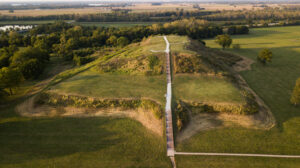To many, the Arctic may seem like a bleak place to live. But discoveries show that early modern humans didn’t necessarily think so.
Researchers recently said that reindeer antlers at an archaeological site in Siberia showed traces of human contact. According to the team, they’re the oldest traces of Homo sapiens ever found in the Arctic.
The bones dated 20-40,000 years ago and included remains of a reindeer, a woolly mammoth, a steppe bison, elk, deer, and possibly a muskox. The reindeer antlers, in particular, grabbed the scientists’ attention.

Pevek, Chukotka, Russia, inside the the Arctic Circle. Photo: Andrei Stepanov/Shutterstock
Kushevat dig and findings
Ivan Zolnikov from the Siberian Branch of the Russian Academy of Sciences led the 2020 dig at the Paleolithic Kushevat site. Located in the Shuryshkarsky district of the Yamalo-Nenets Autonomous Okrug, it yielded 31 animal bone fragments.
The team first used accelerator mass spectrometry (or AMS, a radiocarbon dating method) to date the bones. Then using the same technology, they found tthat he antlers bore traces of human activity.
According to the team, the AMS analysis showed that modern humans lived in the lower reaches of the Ob River at the beginning of the Upper Paleolithic age, which started about 40-50,000 years ago. The Upper Paleolithic, which ended about 10,000 years ago, marked the extinction of the Neanderthals and the emergence of Homo sapiens.
The team suggested that its findings showed the early Arctic humans’ presence revolved around hunting. Previously, a femur bone found near Omsk in 2008 indicated Homo sapiens lived in western Siberia around 45,000 years ago. But until now, no one had discovered evidence of modern human activity in the Arctic that took place that long ago.
According to Zolnikov’s team, the Kushevat site could be a hotbed for ongoing research into human prehistory in the Arctic.

